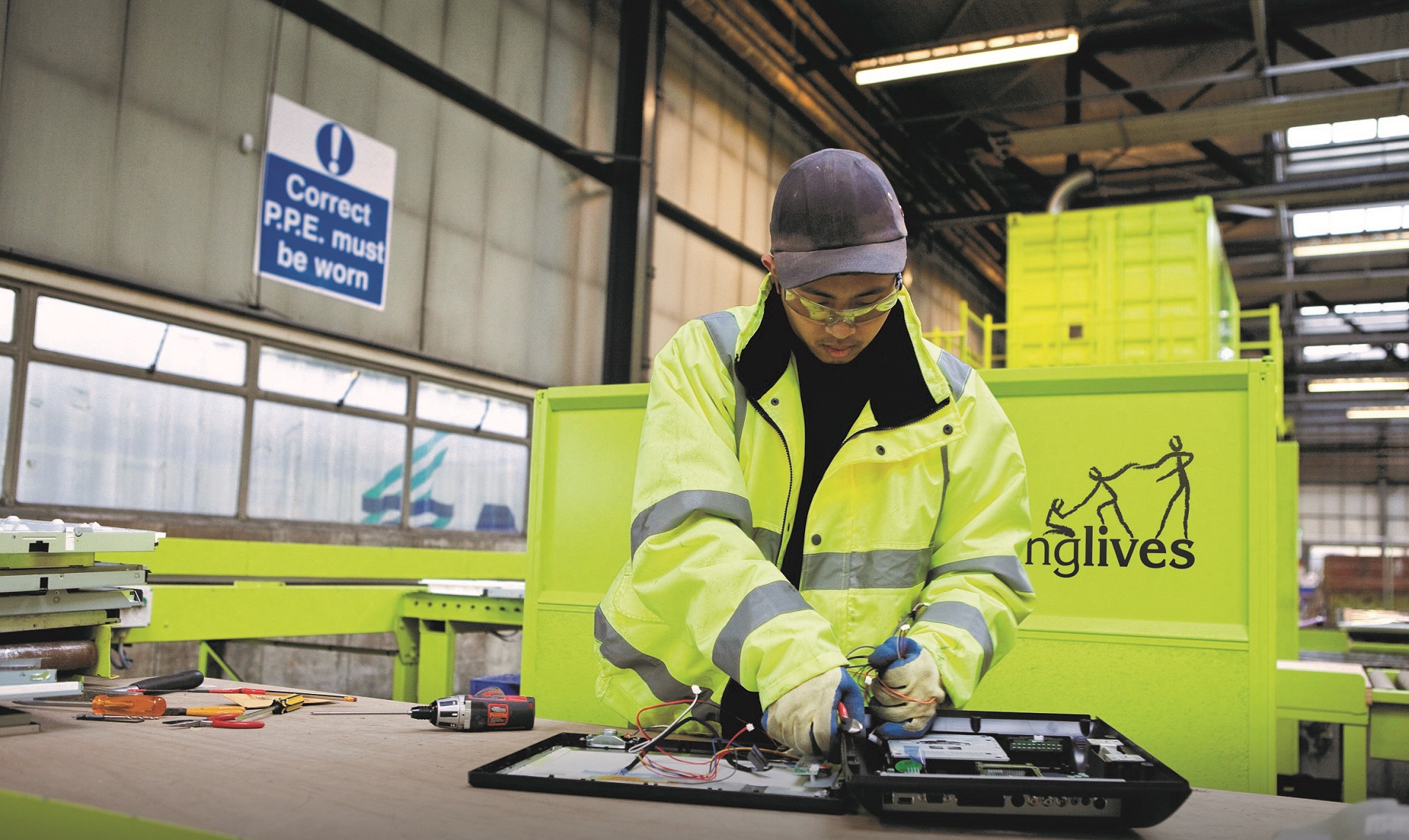
News
Social Enterprise UK responds to Labour’s new National Procurement Plan
23 September 2022 Responding to Labour’s new National Procurement Plan, Peter Holbrook, Chief Executive of Social Enterprise UK, said: Social Enterprise UK has long been calling for social value to be beefed up in government contracts. Labour’s plan to prioritise the benefits for local communities and the environment in procurement is a big step in the right direction. It will send a powerful signal to businesses that everyone receiving public money has a responsibility to make our country fairer and our planet greener. The UK spends over £300bn through public procurement every year. The latest research by our Social Value 2032 programme, which brings social enterprises and businesses together, has estimated that we are missing out on over £50bn of added social value through smarter procurement every year. It is good to see Labour looking to close that gap and get value for money for taxpayers.
1 min







